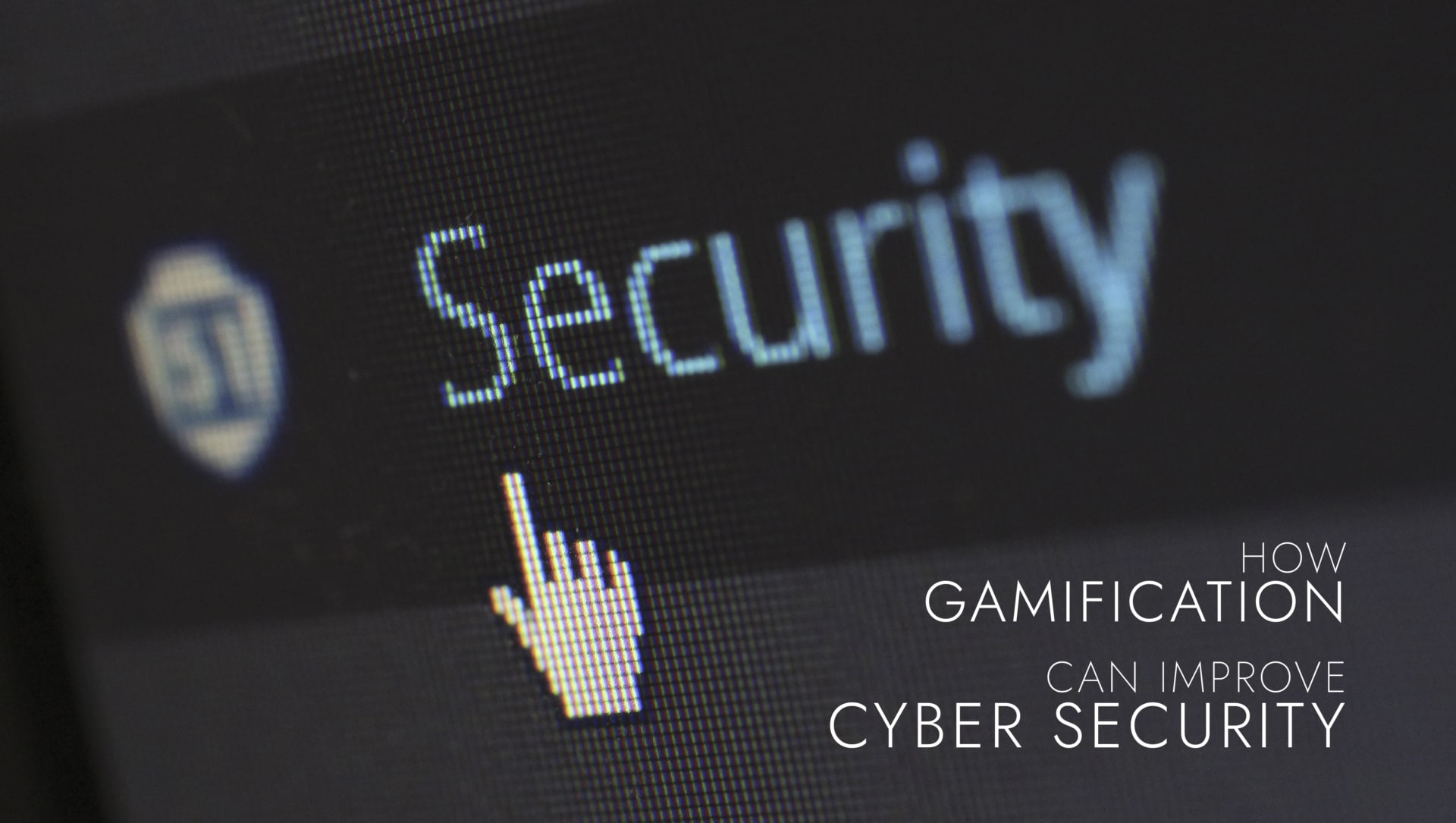
How Gamification Can Improve Cyber Security

Cybersecurity is one of the most important aspects of any business, and it should be taken seriously by employees and employers alike. However, training can often be monotonous and boring, leading to employee boredom and relaxation, which can, in turn, lead to a vulnerability in your cyber security. Gamification is a way to improve employee engagement and training by making it more fun and interactive. Using gaming mechanics in your cyber security training can keep employees engaged and motivated, improving their understanding of the material while keeping them safe from potential cyber threats. Gamification may be the answer you’ve been looking for if you’re looking for a way to improve your cyber security.
What is Gamification?
Gamification is the use of game design elements in non-game contexts. In the context of cyber security, this could involve using points, badges, and leaderboards to encourage employees to learn about and engage with cyber security topics. By making learning about cyber security fun and engaging, companies can help raise awareness of cyber security’s importance and encourage employees to take it seriously. In addition, by tracking employee progress, companies can identify areas where employees lack education. As a result, gamification can be an effective way to improve company-wide understanding of cyber security.
How Does Gaming Enhance a Person’s Training?
Games can provide an engaging and interactive way to teach employees about cyber threats and how to protect themselves against them. They can also help foster a sense of camaraderie and teamwork among employees, which is essential to guard against cyber attacks. So if you’re looking for a more effective way to train your employees on cyber security, you might want to consider gamification.
Related Link: Improving Virtual Onboarding for New Employees
Gamification & Cyber Security: What’s The Connection?
Cyber security is no laughing matter. With hacking becoming increasingly sophisticated, it’s more important than ever to ensure that our data is safe. But what if there was a way to make learning about cybersecurity more fun? Enter gamification.
Gamification is the process of adding game-like elements to something to make it more engaging. And it turns out that gamification can be a powerful tool for teaching cyber security. By adding elements like points, leaderboards, and badges, gamification can make learning about cyber security more enjoyable while still delivering the same quality information. Moreover, gamification can also help people retain information more effectively.
Related Link: How To Use E-Learning Games For Employee Development

What Are the Benefits of Using Gamification for Cyber Security?
Gaming benefits cyber security training in several ways:
- Games are an engaging and fun way to learn. They can help people retain information better than traditional methods like lectures or textbooks.
- Games can provide a safe environment for people to experiment with cybersecurity tools and techniques. This is especially beneficial for “ethical hackers” who use their skills to test organizations’ cyber defenses.
- Gaming can help create a more collaborative cybersecurity community.
Cybersecurity professionals can learn from each other by playing games, sharing strategies, and making everyone safer. So don’t be afraid to break out the games next time you’re looking to brush up on your cyber security knowledge. It just might save you from being the victim of a cyberattack one day.
Do you want to improve your company’s training practices? Please contact us as soon as possible so that we may discuss your requirements.
How Can Companies Help Their Workers Use Gaming in Cyber Security Education?
As cyberattacks become more sophisticated, it’s increasingly important for companies to educate their workers on cyber security. One way to do this is by incorporating gaming into cybersecurity education. Companies can use existing games or create their own custom games to suit their specific needs.
Here are some ways that companies can incorporate gaming into cybersecurity education:
Use games to teach cyber security principles: There are now several cyber security-themed games available that can be used to educate employees about cyber security principles. These games can be played in a group setting, and employees can learn about password security, social engineering, and phishing topics.
Use games to simulate cyber attacks: Another way to use gaming in cyber security education is to use games to simulate cyber attacks. This can help employees to understand what an attack looks like and how it can be prevented. Several cyber security simulation games are available that companies can use for this purpose.
Use games to reward employees for good cyber security practices: Companies can use gaming to reward employees for good cyber security practices. For example, employees who successfully complete a cyber security training course can be given access to a special game that rewards them for their knowledge. This is a great way to incentivize employees to learn about cybersecurity and put what they’ve learned into practice.
Regardless of the approach, incorporating gaming into cyber security education can help workers better understand and retain the information they need to keep themselves and their companies safe from cyber attacks.

What are some gamification strategies you can use?
When it comes to cybersecurity, businesses can no longer afford to take a casual approach. With data breaches becoming more common and sophisticated, finding new ways to engage employees in security best practices is essential. One promising security gamification strategy is the use of security badges. By awarding digital badges for completing security-related tasks, businesses can actively encourage employees to protect company data. In addition, security badges can be used to create healthy competition among employees, driving them to strengthen their security skills. Security gamification strategies will become more critical as businesses increasingly rely on digital data. By finding creative ways to engage employees in cybersecurity, businesses can help keep their data safe from attack.
Other gamification strategies include leaderboards and point systems. These techniques can not only help to improve cyber security knowledge and behaviors but can also boost employee morale and engagement. As businesses face ever-growing cyber risks, gamification may offer a valuable tool for protecting data and promoting a culture of cyber security awareness.
Do you want to know more about how your training may be made better? Check out the most recent entries on our blog!
Make Cyber Security Training Fun With Gamification
Cyber security training doesn’t have to be dry and dull. Gamification is a great way to improve cybersecurity training and make learning more fun and engaging while also helping employees learn new skills quickly. If you’re looking for a way to improve your company’s cybersecurity training, consider using gamification. You can learn more about how it works and what benefits it offers on our website.
Related Link: Why Should You Use Games For Your Cybersecurity Training
Discover


Book A Demo
Get a personalized demonstration by one of our game design experts.


